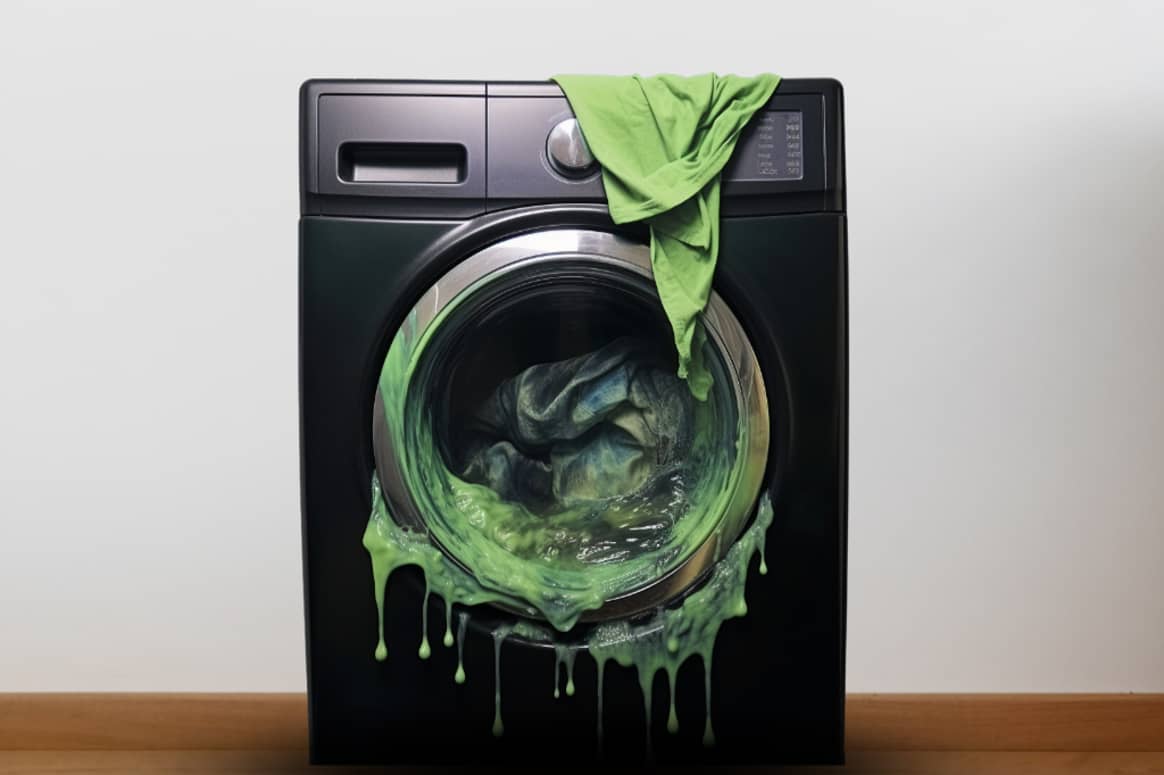Engaged in the clothing industry for 20 years.

Euromonitor: 6 Consumer trends for 2024
As high streets slowly become Christmas-proof through ornate illuminations and festive store windows, it is clear the end of 2023 is approaching and another new year is upon us. Time to look ahead, then. These are the biggest consumer trends in 2024, according to market research firm Euromonitor International.
AI-enabled chatbots and digital assistants
It probably won’t surprise you that artificial intelligence (AI) is in the list of consumer trends. After its launch, ChatGPT reached 100 million users within two months, becoming one of the fastest-growing applications in history. According to Euromonitor, ChatGPT has an accessible nature, allowing consumers with little technical knowledge to quickly get to grips with it.
Not only consumers are experimenting with the technology, companies are also getting to grips with it. For example, they are experimenting with implementing AI in chatbots and voice assistants. This is also referred to as the ‘Ask AI trend’ and, according to Euromonitor, can provide competitive advantage, provided the tools are used effectively. For instance, it can accelerate go-to-market strategies, content creation and ideas, as well as aggregate user data to drive new product development. In addition, it can build user experiences by, for example, realising virtual assistants that answer shoppers’ individual questions.
And it appears that consumers are indeed waiting for this. Over 40 percent of consumers would like to receive personalised recommendations via a voice assistant, the report found. Less than a fifth feel the same about using bots to answer complex customer service questions. Sustainable trainer brand Wear, for example, is already experimenting with a digital assistant. The ‘trainer cleaning chatbot’ provides personalised advice based on photos for maintaining and cleaning trainers.

Wear
In search of happiness
The events of recent years have not left consumers cold. The corona crisis was quickly exchanged for economic uncertainties, political unrest, climate disasters and wars.The consumer has had enough and went in search of happiness. And happiness is in the little things, isn’t it?
According to Euromonitor, a small (unexpected) surprise or small acts can already satisfy this consumer demand. In addition, consumers look for products that generate satisfaction. The dopamine dressing fashion trend is an example of this.
What should you, as a company, do with this trend? Bring your communication with consumers under the microscope. For example, put a light-hearted spin on order confirmation e-mails. In addition, emotional marketing will play a big role in this trend. “Brands should focus on linking their products to this cultural desire for optimism,” wrote Euromonitor. This will make customers associate a positive feeling with your brand. Interactive brand experiences also play a role in the desire for escapism. Should you organise events, make sure you combine technology, brand storytelling and entertainment. “This will both captivate and entertain your audience.”
Done with greenwashing
In a world where the climate crisis is gaining a bigger stage, consumers are trying to contribute. Yet, that’s not so easy. They find themselves in a labyrinth of sustainable options, which often come with a catch. Is it all as sustainable as it seems? Something that is certain is that consumers are done with greenwashing.
Consumers experiencing green fatigue are no longer accepting of empty promises or fake stories from brands and companies. Environmental concerns remain at the top of the agenda for now, and sustainable choices will continue to be made. But, there is also a group that feels discouraged and will therefore try less.
You can probably guess, but full transparency is essential in this consumer trend, according to the report. Share concrete evidence of responsible business practices and validate progress, is the message here. “At the same time, demonstrate sustainable impact with specific data. For example, if your product is made from recyclable materials, put on the packaging how much waste was saved during production.” This way, consumers know right away how their purchase decision or behaviour makes a difference. Besides transparency, affordability is also a sticking point. Consumers often find sustainable products too expensive. Euromonitor therefore thinks that the prices of sustainable products should be made more attractive.

Political expressions? Rather not, stay authentic to the brand ethos
Consumers value brands that match their values. After all, purchases reflect the causes they care about or how they want to look. Social responsibility, political commitment or sustainability initiatives can therefore have a positive impact on consumers and motivate spending. But, with political unrest in a lot of countries, this is not always the case.
Brands that choose to speak out about political concerns sometimes cut themselves in half. For instance, consumers sometimes avoid brands that promote a partisan agenda. Moreover, companies that push marketing campaigns around controversial issues are sometimes scolded or avoided. This can damage brand reputation.
Yet, companies that get it right can also strengthen their customer loyalty. So how do you tackle this? Support issues that are important to your customer and that fit the brand identity. Delve into the minds of your target audience by approaching focus groups and seeking their views. Besides focus groups, social listening tools also provide insight into your target group’s views. While expressing political views in a nuanced way, it is important to maintain brand authenticity.
This consumer trend brings forth a number of difficulties. Euromonitor therefore argued that you cannot please everyone. “Brands that want to make their voices heard must accept both the potential risks and rewards associated with tackling a controversial issue.”
Value hackers
Another topic we cannot avoid is inflation. Rising costs are causing consumers to rearrange their spending. They choose cheaper options. The saving behaviour is something that consumers continue to exhibit, even as inflation eases, Euromonitor stated. Indeed, they seem to be looking for ways to save further and are emerging as ‘value hackers’.
As a company or brand, you can capitalise on this by offering bundle and save offers, for example. You enable shoppers to buy multiple products at a discount. In addition, subscription and savings plans work in the same way, according to Euromonitor. In addition to capitalising on the price of a product, you can also cater to consumers with loyalty programmes.
It is also important that consumers understand your value proposition. You guessed it: communication is key. “Promote the right information that will influence their decisions. If buyers do not understand your value position, they will switch to a competitor or look for alternatives,” said Euromonitor. Sharing tips and tricks to save money is also appreciated by consumers.

Mental and spiritual health
Consumers want to look good and feel good. This has been true for years, but the trend in how they do so is shifting. Where consumers previously opted for a quick fix, they are now choosing to take their time.
Before, consumers preferred easy, effective solutions that adapt their lifestyles and take little time and effort as well as no major commitments. Now they are saying goodbye to the quick fix and taking a realistic approach. Consumers no longer expect radical changes, but they do want visible improvement, the report said.
In shopping behaviour, this translates into those opting for user-friendly or more workable solutions. Here, proven effectiveness is a key component. You need to make sure you can prove that your product works by, for example, before-and-after photos. In addition, data is also essential. For instance, real-monitoring and smart tools help keep track of progress.